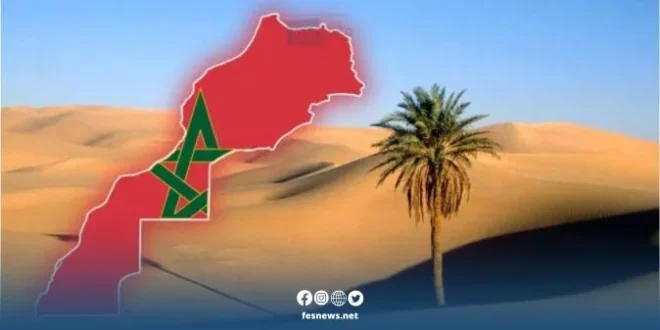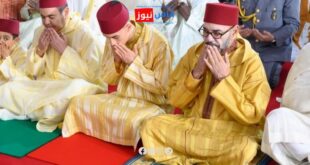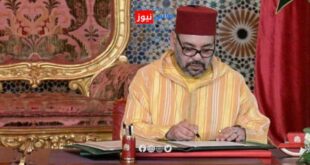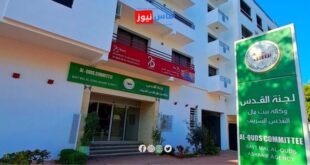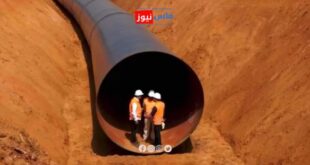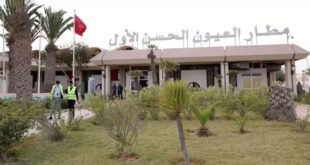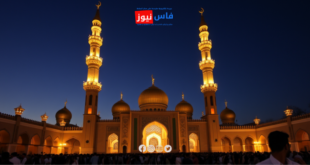Human capital is one of the key factors determining the economic competitiveness of any country, and Morocco is no exception. Investing in human capital is a fundamental pillar that contributes to achieving sustainable economic development and increasing the country’s competitiveness at both regional and international levels. Therefore, focusing on developing education, vocational training, and improving healthcare services is a priority that helps raise productivity and foster innovation.
What is Human Capital?
Human capital encompasses the skills, knowledge, and experiences possessed by individuals within a society, which can be leveraged to improve economic performance. It is not limited to academic education alone but also includes vocational training and technical skills that equip individuals with the necessary tools to adapt to labor market changes. This involves creating an educational environment that encourages innovation and intellectual development, preparing a workforce that is more capable of meeting future challenges.
Enhancing Productivity Through Education and Training
By improving the level of education and training in Morocco, productivity across various sectors can be significantly increased. A well-qualified workforce has the potential to produce more high-value goods and services. Thus, improving human capital contributes to strengthening the national economy by boosting productivity and encouraging the adoption of modern technologies in fields such as industry and technology.
The Role of Human Capital in Innovation and Economic Growth
Investing in human capital enhances individuals’ ability to innovate, which in turn drives national economic growth by adopting cutting-edge technologies and fostering innovation. Additionally, investing in technical education and vocational training can bridge the gap between education outcomes and labor market needs. These specialized programs provide skills that align with industry developments and the demands of both local and global markets.
Attracting Foreign Investment Through Skilled Workforce
Moreover, developing human capital plays a crucial role in attracting foreign investments, as international companies prefer business environments with a highly skilled workforce. Improving education and training levels in Morocco is an essential step toward increasing investment opportunities, as businesses seek markets with strong human capabilities that can drive economic growth.
Human Capital and Sustainable Development
Investing in human capital also promotes sustainable development. Training individuals on how to utilize resources in innovative ways contributes to addressing environmental and social challenges. By enhancing environmental awareness and education related to renewable energy and sustainable technologies, Morocco can further its long-term sustainable development goals.
Challenges Facing Human Capital Development in Morocco
Despite the importance of human capital, Morocco faces several challenges that may hinder full benefits from this investment. Among the most pressing issues is the low quality of education in some areas, particularly in remote regions, where there remains a gap in providing advanced and specialized education. This calls for increased government and educational sector efforts to allocate more resources for improving education in these areas.
Additionally, there is a mismatch between education and the labor market, as many graduates struggle to find jobs that match their skills and specializations. This highlights the need for comprehensive reforms in the education system, alongside strengthening specialized vocational training programs that keep pace with evolving market demands.
The Importance of Investing in Healthcare
Investing in the healthcare sector is equally vital, as improved healthcare services are an integral part of human capital development. A healthy workforce is more capable of working efficiently and contributing to economic growth. Enhancing the quality of healthcare services will ultimately boost the productivity of Morocco’s workforce.
Conclusion
Investing in human capital is a cornerstone for enhancing Morocco’s economic competitiveness. By improving education, vocational training, and healthcare, the country can elevate its productivity levels and become more competitive in global markets. While challenges remain, well-planned solutions and strong government commitment to human capital investment can drive significant progress toward strengthening the national economy and achieving sustainable development.
Source: Fes News Media
 فاس نيوز ميديا جريدة الكترونية جهوية تعنى بشؤون و أخبار جهة فاس مكناس – متجددة على مدار الساعة
فاس نيوز ميديا جريدة الكترونية جهوية تعنى بشؤون و أخبار جهة فاس مكناس – متجددة على مدار الساعة

